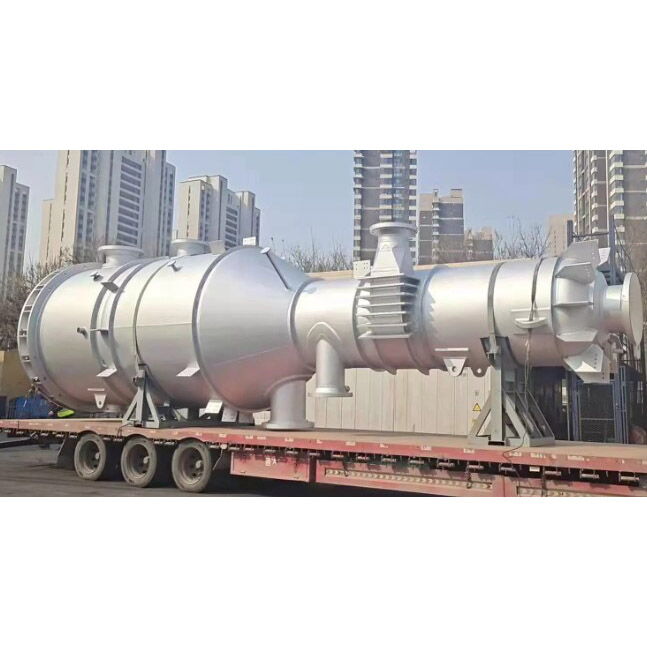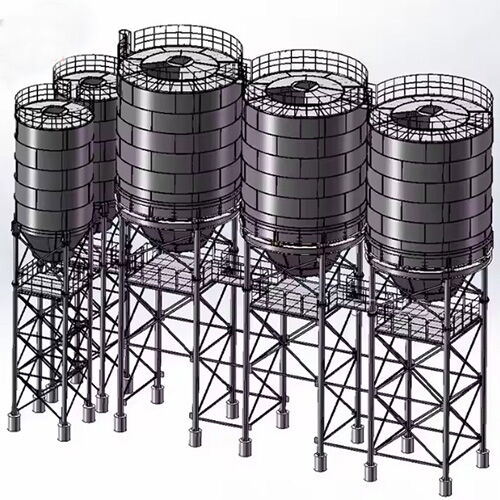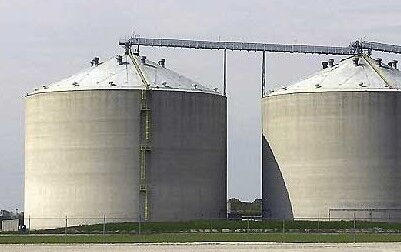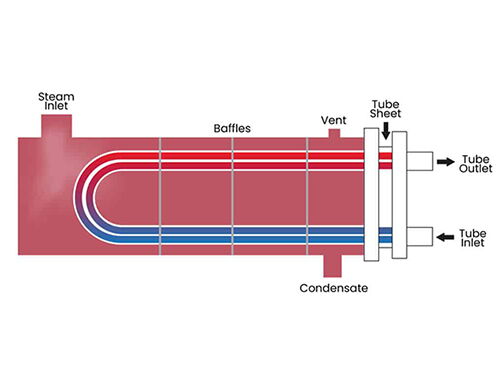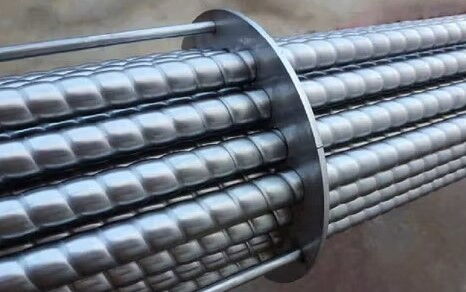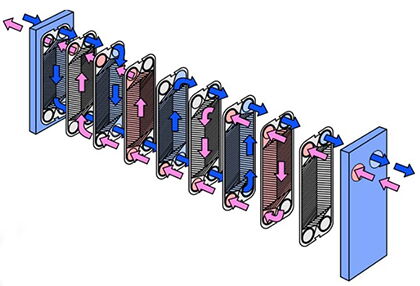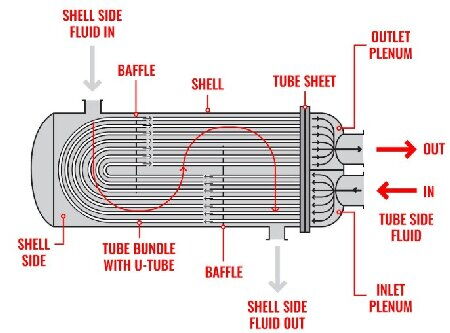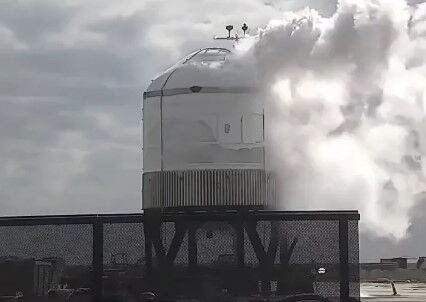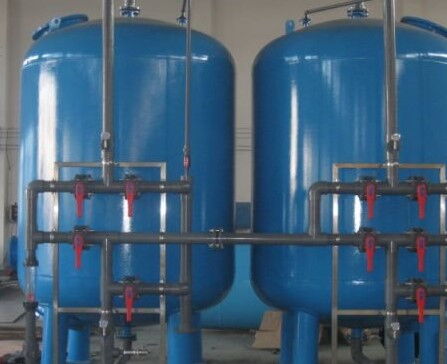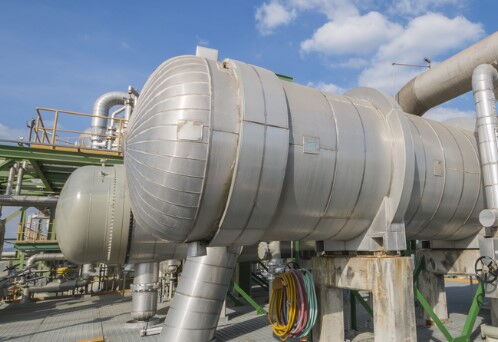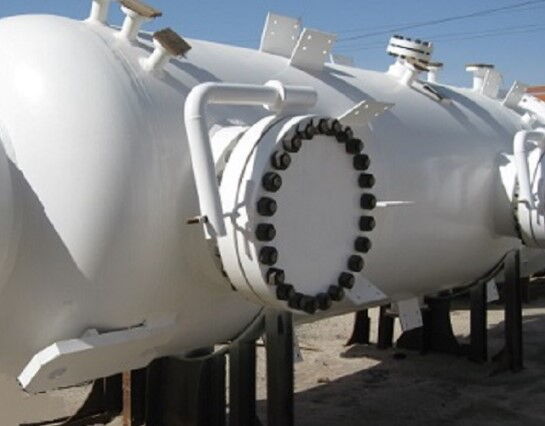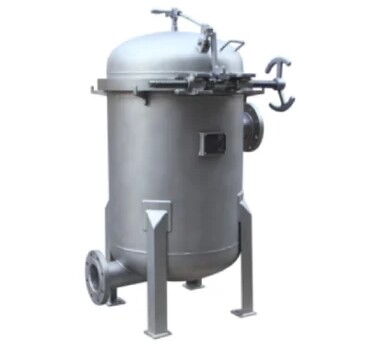Flash Vessels: Principles, Features and Applications
Flash vessels are highly efficient energy-saving devices widely used in various industrial fields, including light industry, chemical engineering, metallurgy, building materials, and more. The core function of a flash vessel is to recover thermal energy through the flash evaporation process, significantly improving energy utilization efficiency while reducing energy waste. Flash vessels are characterized by their small footprint, high level of automation, and strong reliability, making them essential...

